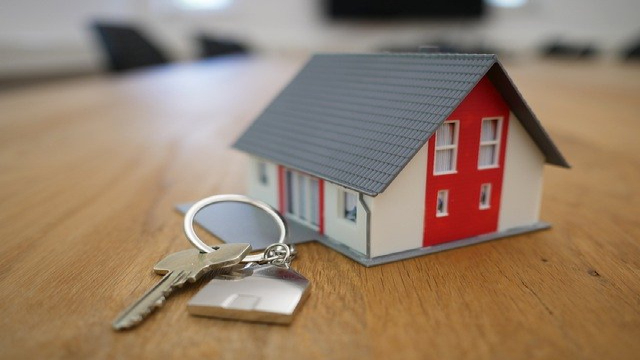As a tenant, staying in a rented house, a sudden house eviction notice is your worst nightmare. It is never easy to accept a sudden house eviction notice from your landlord, especially when the house you’ve been staying in has been your home for a while. The sudden thought of moving out of a home and repeating the whole daunting process of finding a perfect rental home that suits your needs is terrifying for every tenant. If you’re wondering how to find your next house easily after receiving a house eviction notice, this guide for tenants will help you.
Contents
Identifying your reason for eviction
Before you embark on your journey to find your next house after receiving a house eviction notice, you need to identify the reason for eviction. Rent agreements may contain some strict clauses and rules regarding house eviction that protects the landlord and his property from unfavourable situations. Some of the reasons for sudden house eviction include:
- Non-payment or delay in paying the rent, electricity bills, or other utility bills.
- Illegally subletting the property or hosting other people for a long period of time.
- Intentionally damaging the property.
- Using the residential property for commercial purposes.
- Antisocial behaviour that goes against laws or societal norms.
- Using the rental property for illegal activities.
- End of the rental agreement period.
These are some of the reasons for your eviction. In any of these cases, the landlord can send you an eviction notice as mentioned in the rent agreement.
How to deal with illegal eviction?
It is not always the case that a sudden eviction notice you receive is due to your behaviour and mishaps. Sometimes you have to face a terrible landlord who may try to evict you illegally from your rental home. Almost all states in India have rental control laws pertaining to the protection of tenants. These laws define the grounds under which the landlord is legally allowed to evict the tenant. Here are a few things you need to keep in mind while dealing with sudden house eviction or illegal eviction.
- The grounds of eviction must be justifiable under the State’s rental laws in which the property is situated.
- The landlord must not evict a tenant without sending an eviction notice.
- For tenancies that are longer than month-to-month, the landlord cannot end the tenancy without cause until the end of the term.
- The landlord must not take unlawful eviction measures such as throwing away the tenant’s belongings from the property, cutting off basic utilities like electricity or water, and locking away the rented property. These are criminal offences and the tenant has the right to file charges against the landlord.
As per law, you, as a tenant have the legal right to go to the court and defend yourself against illegal eviction. The Supreme Court of India has laid down that landlords cannot evict a tenant for at least 5 years if the rent is being paid regularly unless the landlord genuinely needs the property for himself/herself. Here are a few tips to find your next house easily after receiving a house eviction letter
How to find your next house easily after receiving a house eviction notice?
1. Iron out your relationship with your current landlord
Usually, eviction letters tend to appear in the background checks. So, if you’re being evicted on negative terms, this could prevent other landlords from renting you their property. To avoid such situations, it is best to talk to your current landlord and solve the disputes. If required, pay and any outstanding bills, fix any damaged part and iron out your relationship with your current landlord. Try to get the settlement on paper for any future references.
2. Build your good references list
A positive rental history increases your chance of getting a rental house easily. Try to get testimonials from your prior landlords with whom you had positive relationships. You can also get testimonials from your past and current employers. This serves as an assurance for homeowners that you will pay the rent on time and take good care of the property.
3. Build a good impression
As a tenant, you must know by now that homeowners usually screen and validate tenants before renting their house. So, as a tenant who is dealing with eviction, you need to have a strong case behind your eviction. Do not avoid mentioning the new landlord about your previous eviction. Produce all documents that remove any misunderstanding that may have been caused pertaining to the eviction notice. Be polite, honest, and leave a good impression.
4. Discuss the rules of eviction in the rent agreement
A rent agreement is a very important document as it contains the terms and conditions for the rent of the property. It must contain how the leased property is to be used, the tenure, and the rent to be paid per month. The eviction clause should also be mentioned in the agreement so it can be used in case of a dispute. So, it is crucial to check all the details before signing the rent agreement. Discussing and clarifying about the dos and don’ts of property can prevent any event of sudden eviction in the future.
Dealing with a sudden house eviction is always painful. As a tenant, you share a legal relationship with your landlord and this is governed by the local laws of your state. Be familiar with the Rent Control Act of your state and check the process for eviction and other clauses before signing the rent agreement. It will protect you from any violation and also keeps you legally safe. Thus, this is how to deal with sudden house eviction and find your next house easily after receiving a house eviction letter.









